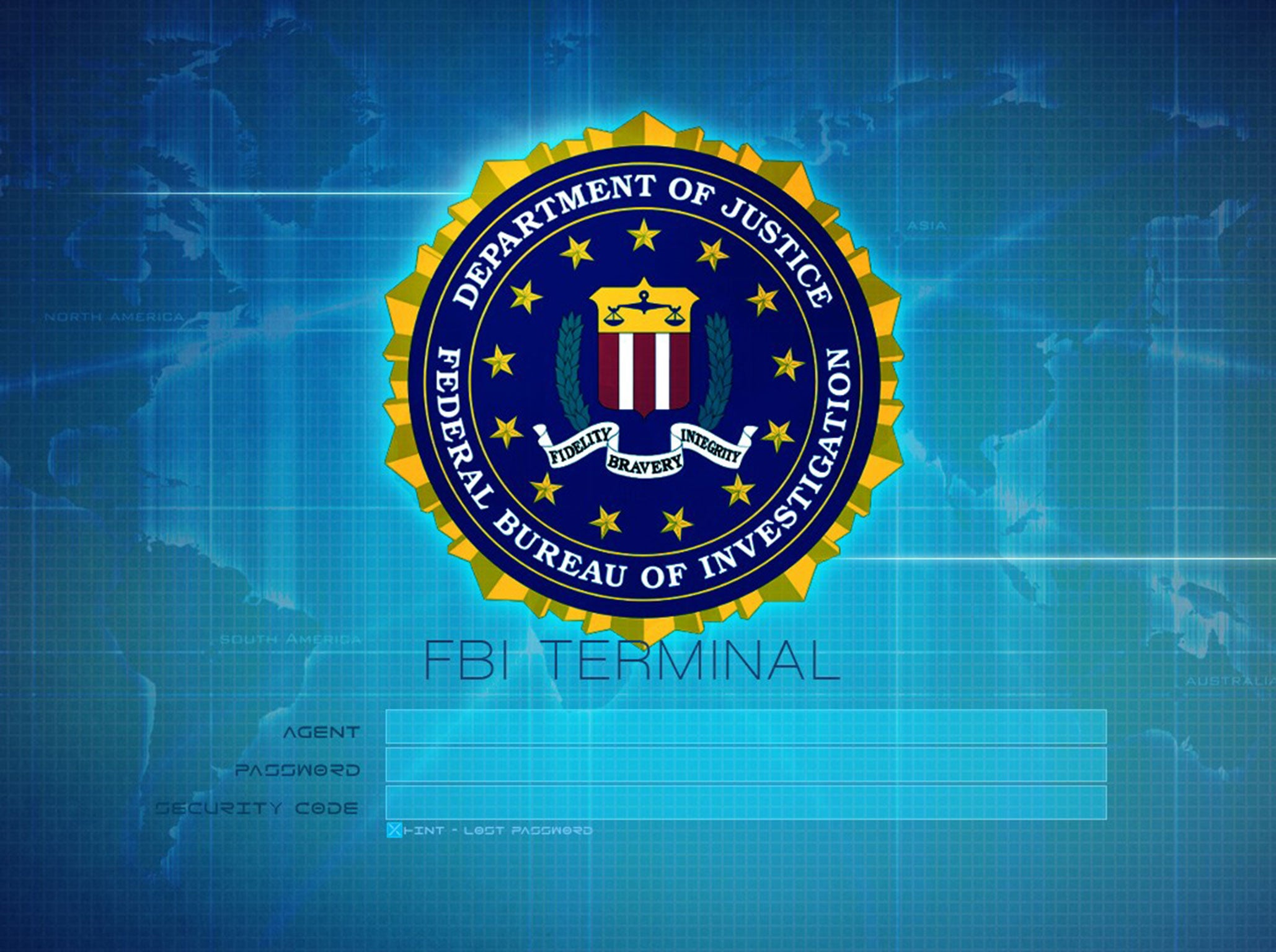New York struck by wave of 'virtual kidnappings'
Police urge caution after series of fake phone calls

Your support helps us to tell the story
From reproductive rights to climate change to Big Tech, The Independent is on the ground when the story is developing. Whether it's investigating the financials of Elon Musk's pro-Trump PAC or producing our latest documentary, 'The A Word', which shines a light on the American women fighting for reproductive rights, we know how important it is to parse out the facts from the messaging.
At such a critical moment in US history, we need reporters on the ground. Your donation allows us to keep sending journalists to speak to both sides of the story.
The Independent is trusted by Americans across the entire political spectrum. And unlike many other quality news outlets, we choose not to lock Americans out of our reporting and analysis with paywalls. We believe quality journalism should be available to everyone, paid for by those who can afford it.
Your support makes all the difference.A new breed of self-professed kidnappers in New York are not actually kidnapping anyone, says the FBI.
Receiving a phone call from a unknown number and hearing a foreign voice saying a loved one has been kidnapped and will be killed unless they get a ransom would be enough to send anyone this side of Taken's Liam Neeson into a panic.
Well, the FBI and New York Police Department have said that panicking is the last thing you should do if you receive such a call. The phone call could very well be a troubling new scam that is growing in popularity.
The scam has been dubbed virtual kidnapping and involves calling a random person and telling them that person a friend or family member has been kidnapped, and scaring them into paying a ransom. The only thing is, no one has been kidnapped.
Virtual kidnapping may sound ridiculous, but the FBI has issued a warning that it is on the rise in New York.

Reported scams have included the kidnapping scenario, complete with a screaming pseudo-victim in the background, and a phone call saying that a family member has been involved in a car accident with a gang member and needs to go to the hospital, but will not be allowed to go until the gang member is paid for damages to the car.
Of course, there is no kidnapping victim or car accident in these scams. The person on the other end of the phone just wants the money, between $600 (£390) and $1,900 in cases that have been reported, according to the FBI.
“This is a scheme that takes advantage of some of the most vulnerable people in New York City,” FBI Assistant Director, George Venizelos, said in a statement. “We need the public to be aware of this scam and call us if they have been a victim.”
Investigators say the scammers appear to be Hispanic males and typically speak in Spanish-accented English. Calls have come from non-New York area codes, sometime from Puerto Rico, and the scammers will only accept money via wire services.
For anyone who receives a call they believe to be a virtual kidnapping, the FBI suggests these tips:
• Try to slow the situation down. Request to speak to the victim directly. Ask, “How do I know my loved one is okay?”
• If they don’t let you speak to the victim, ask them to describe the victim or describe the vehicle they drive, if applicable.
• Listen carefully to the voice of the kidnapped victim if they speak.
• Attempt to call, text or contact the victim via social media. Request that the victim call back from his or her cell phone.
• While staying on the line with alleged kidnappers, try to call the alleged kidnap victim from another phone.
• To buy time, repeat the caller’s request and tell them you are writing down the demand, or tell the caller you need time to get things moving.
• Don’t directly challenge or argue with the caller. Keep your voice low and steady.
• Request the kidnapped victim call back from his or her cell phone.
Join our commenting forum
Join thought-provoking conversations, follow other Independent readers and see their replies
Comments